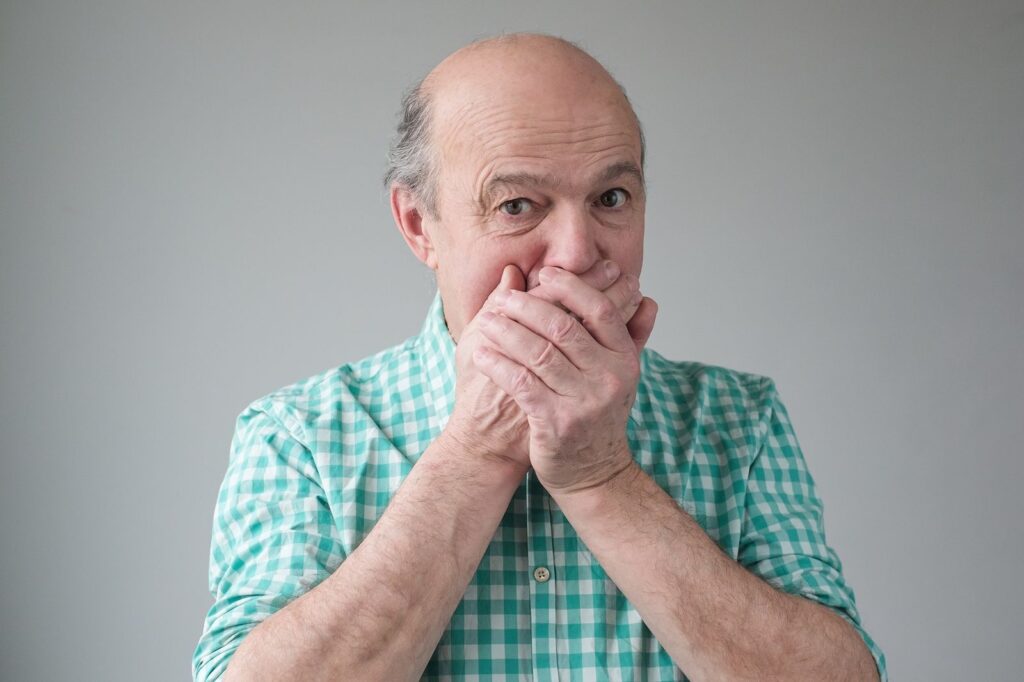
Taming Bad Breath
Ever been face-to-face in deep conversation with someone whose breath was overpowering? Ever wonder if your breath may not be the best? Bad breath is unpleasant whether you are breathing it in or breathing it out. It is also a fairly common occurrence.
There’s a difference between breath that carries the leftover smell of a recent meal or drink and breath that is constantly foul. The residue from a meal usually fades and can be remedied with a quick brush of the teeth or some sugarless mint gum or candy. Continual bad breath is more of a concern.
Constant bad breath can be embarrassing and stressful. Not only that, it also could signal a health issue that needs to be addressed. It may be a symptom of gum disease, gastrointestinal issues, metabolic disorder, or other medical problems. If the usual bad breath-fighting measures are only temporary fixes for an ongoing problem speak with your dentist as soon as possible. He or she may advise you to also speak with your doctor.
Some folks find the following bad breath remedies helpful for resolving a standard case of bad breath.
Basic Bad Breath Remedies
- Brush and floss regularly. Remove leftover food debris and plague by brushing your teeth every morning and night as well as following meals that are especially spicy or pungent. Flossing is especially helpful in cleaning between teeth. And don’t forget to brush your tongue gently to get rid of any debris lingering there.
- Take good care of your dentures. Always follow your dentist’s recommendations for cleaning your dentures to keep them free of odors. Also make sure your dentures fit correctly. Loose dentures give food particles and bacteria a place to hide and cause problems.
- Drink more water. No kidding… staying well hydrated is good for your breath. Drinking plenty of water helps wash away bad breath-causing food particles and bacteria from your mouth.
- Rinse with mouthwash. There are some very effective antibacterial mouthwashes you can pick up at any pharmacy or grocery store. Ask your dentist for a recommendation. Rinsing twice a day is usually suggested to help keep bad breath-inducing bacteria at bay.
- Visit your dentist regularly. Your dentist will be able to identify and treat problems in the mouth – like dry mouth or periodontal disease – that can cause bad breath and perhaps contribute to other health issues. Your dentist will also be able to detect symptoms that may signal the presence of a medical condition that require the attention of a doctor.
- Have sugarless mint gum and hard candy on hand. The action of chewing gum or sucking on hard candy stimulates saliva production and helps wash away food particles and bacteria. Sugarless gum and candy do not contribute to tooth decay the way those containing sugar are prone to do. An ingredient found in many sugarless gums and candies called “xylitol” is especially good at eliminating bacteria. Make sure to ask your dentist for his or her recommendations.


Age Adds Flavor
We are not old, we are seasoned!
Don’t forget to visit us on FACEBOOK!
